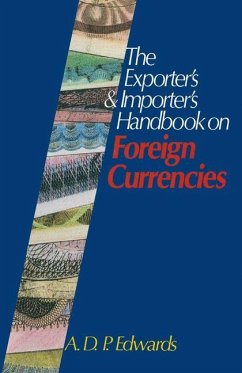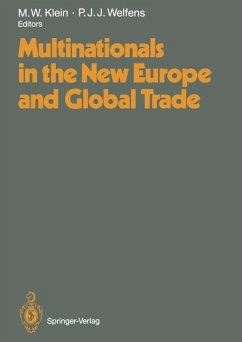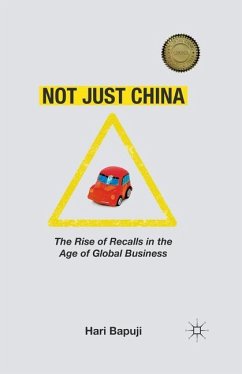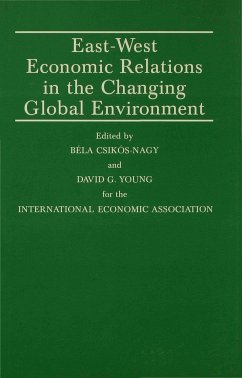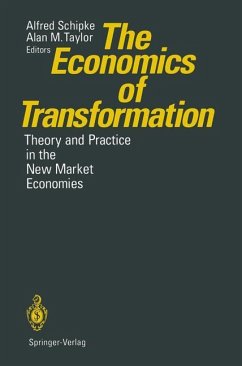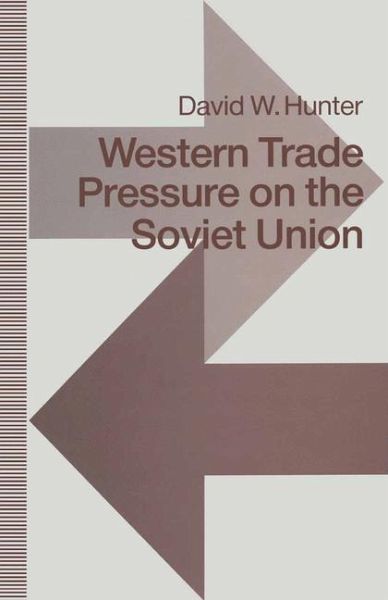
Western Trade Pressure on the Soviet Union
An Interdependence Perspective on Sanctions

PAYBACK Punkte
19 °P sammeln!
Analyzes growing US-Soviet economic interdependence and the implications of economic pressure in their relationship. From a review of US-Soviet economic relations, the author concludes that US embargo strategies against the USSR in the past have been futile, at times even counterproductive.






